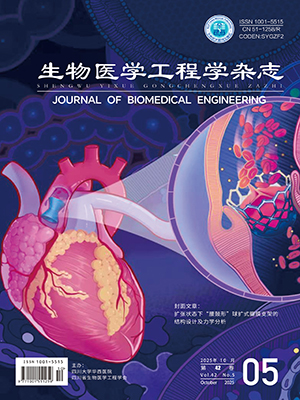Ensemble empirical mode decomposition (EEMD) is an effective method for non-stationary signal analysis, such as electrocardiogram (ECG) signals. However, the precision and correctness of EEMD are affected by the two parameters, ratio of the added noise and ensemble number. The values of two parameters are set relying on experience and lacking of adaptability for uncertain signals. In order to solve these problems, we proposed a method based on white noise decomposed by EEMD in the present study shown in this paper. Empirical mode decomposition (EMD) was applied to decompose the signal to different intrinsic mode functions (IMFs) in the de-noising process. The white noise IMFs were selected to constitute high frequency part based on the character that the product of the energy density of white noise and its average period tended to be a constant. Then the two parameters of EEMD were adaptively obtained according to the criterion which was used to avoid modal aliasing. Experimental results showed that the method was an effective one for ECG signal de-noising.
Citation: RENBinbin, TANHaiyan, MAChengqun, LUDewei, LIUFangfang, ZHANGHaitao, LIZhangyong. Study on Electrocardiogram Signal De-noising Methods Based on Ensemble Empirical Mode Decomposition Decomposed by White Noise. Journal of Biomedical Engineering, 2016, 33(2): 221-226. doi: 10.7507/1001-5515.20160039 Copy
Copyright © the editorial department of Journal of Biomedical Engineering of West China Medical Publisher. All rights reserved




